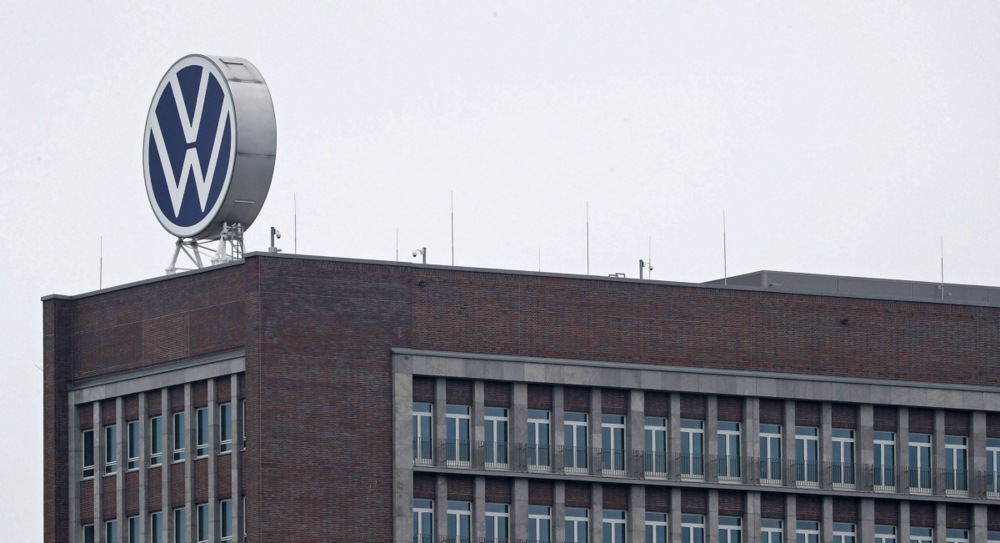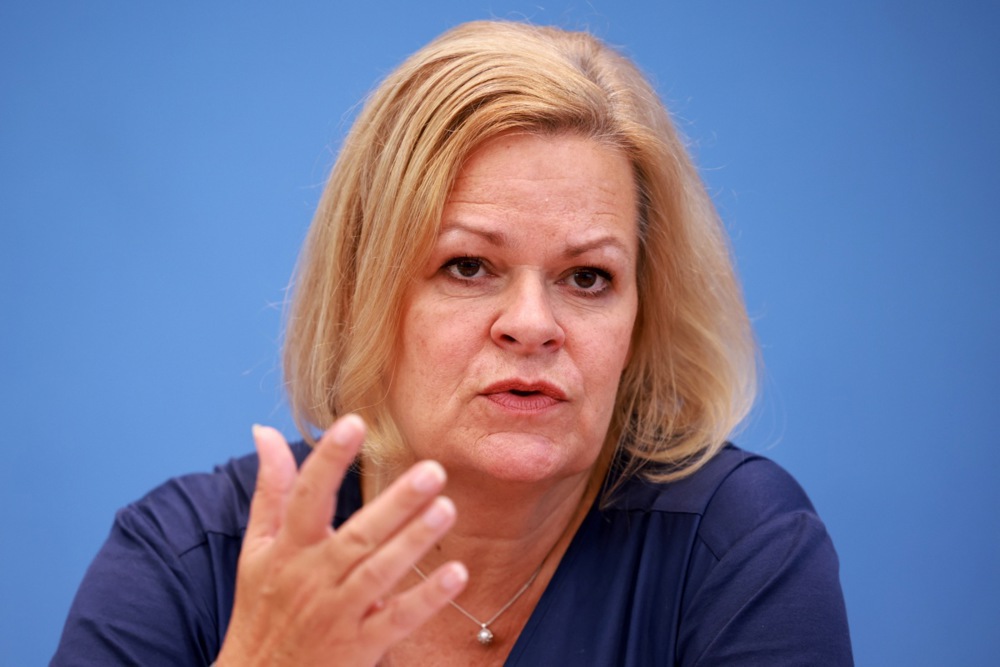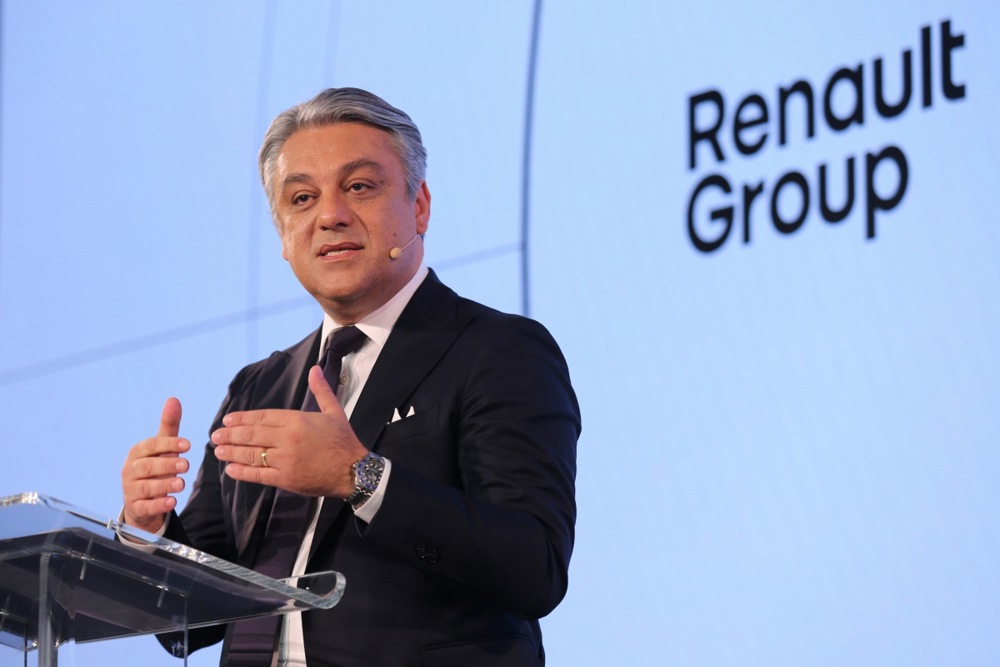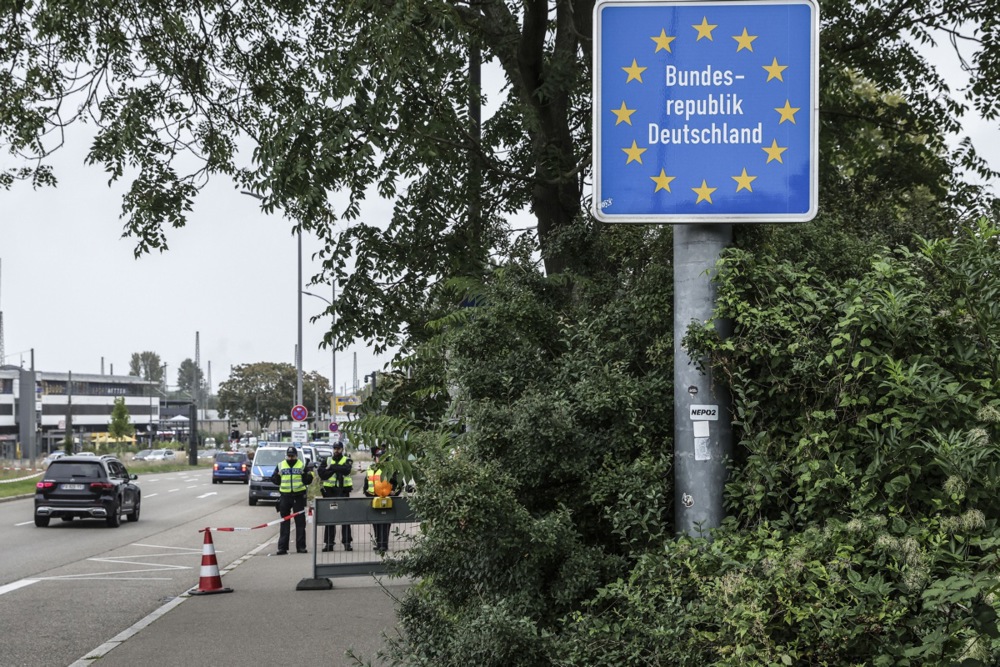Volkswagen’s recent shock announcement to cut tens of thousands of jobs, in concert with wage restrictions, was not an isolated event but part of a much bigger crisis, according to Hildegard Müller, president of the German Association of the Automotive Industry.
While politicians have said jobs needed to be preserved, Müller has warned that 190,000 roles in Germany’s car industry alone were at stake over the coming decade, citing a soon-to-be-published study by her own organisation.
She said this on October 28 during the Hart aber Fair (Tough but Fair) show on public broadcaster ARD.
As almost 780,000 people work in the German car industry, so one-in-four jobs would at risk.
Müller pleaded for “honesty in the debate”, saying the situation had been fundamentally changed by the move towards electric vehicles.
The huge loss of jobs would not only hit car manufacturers but all other companies connected to them, most of all those in the supplier industry.
Above all, medium-sized companies, the backbone of the industry, have been severely affected by the economic problems.
Müller noted: “This is a crisis for the entire industrial sector. Not only in Germany but throughout Europe.”
She said the car industry was facing a major transformation and a lot of work would have to be done in response.
Job responsibilities were said to be certain to change as a result of the transition to e-mobility but dropping sales and production, as was happening now, would likely lead to job losses.
“Whether new jobs can be created here depends on the local conditions. We can’t keep dodging this issue”, Müller said
“We are too expensive in terms of energy, bureaucracy and labour costs. If we don’t get a handle on these issues, then the auto industry will indeed move forward but without growth, value creation and jobs in Germany that are truly close to our hearts,” she warned.
German multinational car giant Volkswagen has announced dramatic austerity measures as the company struggles with declining sales and revenue. https://t.co/0666ICYt1j
— Brussels Signal (@brusselssignal) October 29, 2024
Müller did have some positive things to say about the German car industry.
“Seven out of 10 consumers trust German electric cars. We still sell 100 times as many cars in China as vice versa,” she said.
Germany ranks second behind China in global electric car production, with exports valued at €37,06 billion ($40.1 billion) in 2023.
Müller further noted that she had not been invited to an economic summit on October 29, hosted by German Chancellor Olaf Scholz.
“Companies in the automotive industry are invited, but unfortunately neither the supplier industry nor industrial SMEs,” she said.
Müller was critical of decisions from Berlin, in particular the ban on combustion engines. “We have to generate enthusiasm for electric mobility, but people say: ‘Hm, apparently the technology is not convincing…'”
Her warnings on the electrification of cars echoed those of Lutz Meschke, CEO of Porsche. On October 27, he said: “China has changed in the direction of electrification, and unfortunately Europeans no longer play a role in this.”
Chinese manufacturers offer premium electric vehicles at around €30,000 each, whereas European brands models have so far been priced between €70,000 and €80,000.
Sales of Porsche have been dropping significantly in China.
Meschke has asked for the planned ban on combustion engines by 2035 to be dropped, saying it threatened the competitiveness of European industry.
Multinational vehicle maker Stellantis has replaced several top managers, including CEO Carlos Tavares, after posting dismal results amid the growing economic crisis facing European Union car manufacturers. https://t.co/JJtPDNIyFt
— Brussels Signal (@brusselssignal) October 11, 2024





